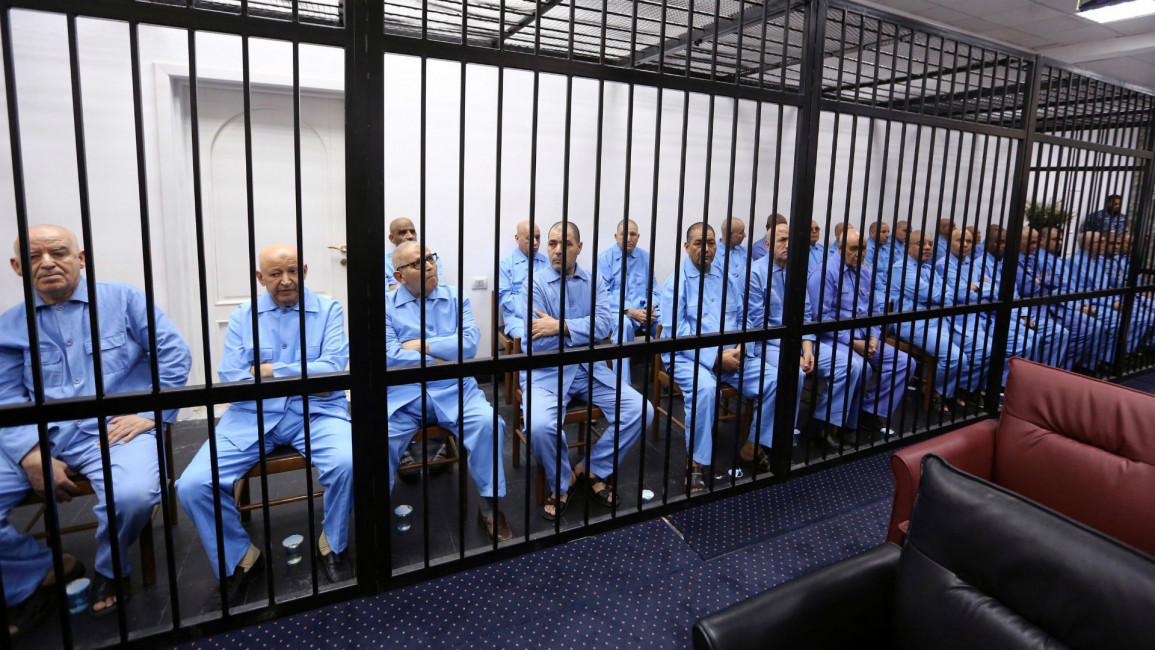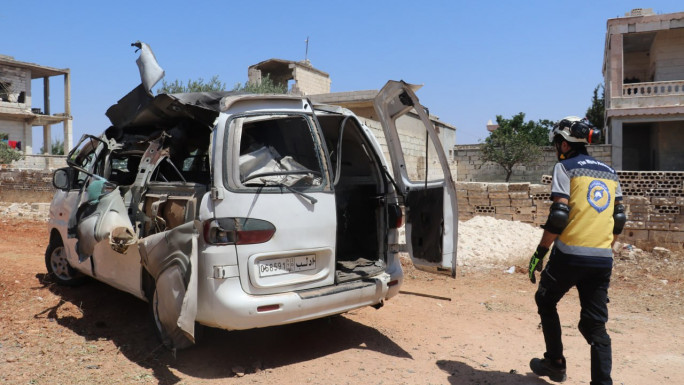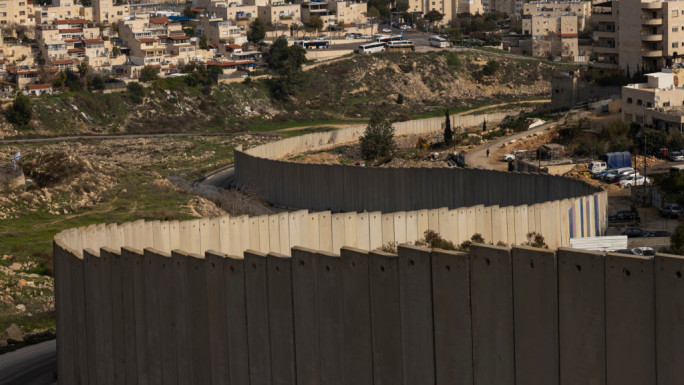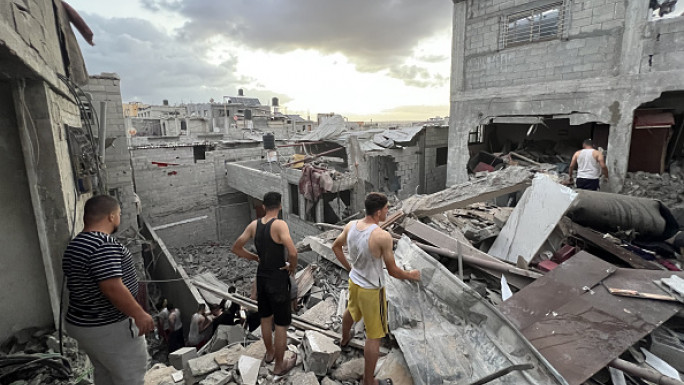Long-term arbitrary detentions in Libya 'crimes against humanity': HRW
Thousands have been detained in western Libya without charge for more than a year in what could constitute a 'crime against humanity', said Human Rights Watch yesterday.
The New York based human rights organisation was speaking on the release of a report entitled The Endless Wait: Long-Term Arbitrary Detentions and Torture in Western Libya.
The 34-page report is based on a series of interviews carried out with 120 prisoners detained in four prisons in Tripoli and Misrata.
"The authorities in control of western Libya haven't put an end to the incarceration of thousands of detainees who have been denied their basic rights for four years and counting," said Hanan Salah, Libya researcher for HRW.
"Libyan authorities operating detention facilities under the veneer of the law need to end this ongoing injustice or risk international investigation and possible prosecution," she added.
Those interviewed were detained in prisons administered by the judicial police and controlled by the justice ministry of the Tripoli-based self-proclaimed government.
| 'Here at this prison it only takes the slightest mistake and you will be beaten,' - Detainee at at al-Jawiyyah prison, Misrata |
They have not been presented before a judge, charged with a crime, or been given a legal basis for their incarceration.
HRW has called for the immediate release of all those who have been detained for over a year without charge, or whose detention has not been approved by a court.
The human rights organisation also called for authorities to end widespread torture and ill treatment in prisons they control, for the UN Security Council to increase pressure to ensure compliance with its resolutions in Libya, and for the International Criminal Court (ICC) to open an investigation into ongoing abuses under its jurisdiction.
Out of the 120 prisoners HRW interviewed none had been granted access to a lawyer when they were arrested or during their interrogation.
Detainees, many of whom were suspected of being loyal to former Libyan leader Muammer Gaddafi, reported being tortured to extract confessions or as punishment for breaking prison rules.
They described being beaten with plastic pipes, electrical cables, sticks and fists, suspended from doors or ceilings for hours, given electric shocks, and being held in solitary confinement for prolonged periods of time.
Detainees were being held either for common crimes, on suspicion or terrorism or of belonging to an extremist organisation such as the Islamic State group.
"I have repeatedly asked the prison administration to present me to a judge, but despite multiple promises, it hasn't happened," said a detainee at al-Jawiyyah prison in Misrata.
He said he had been held for four years without seeing a prosecutor or judge and was accused of possessing a machine gun without a license during the 2011 revolution.
"Here at this prison it only takes the slightest mistake and you will be beaten," he added.







